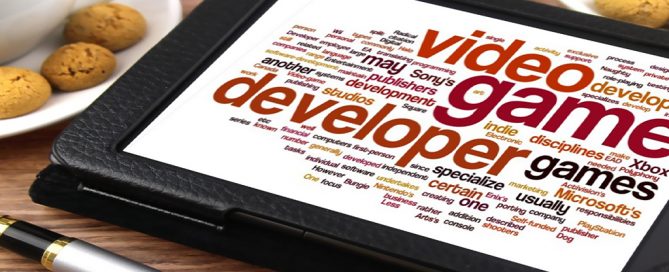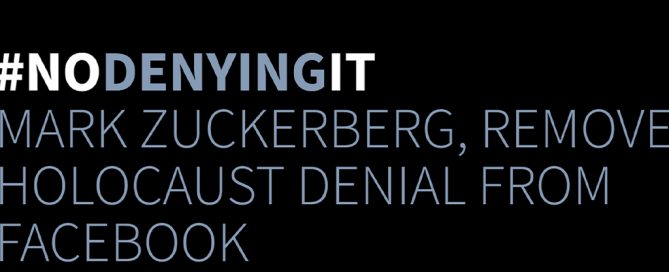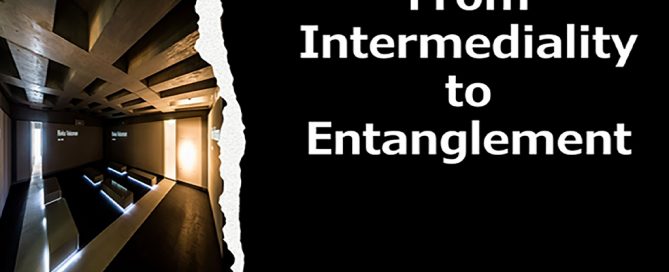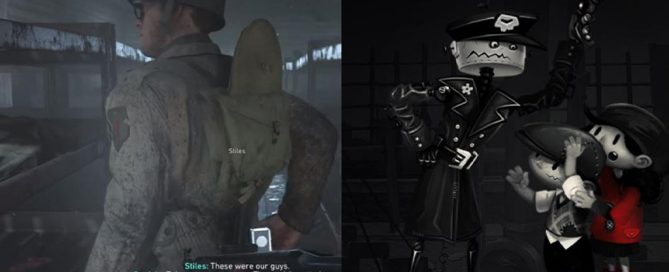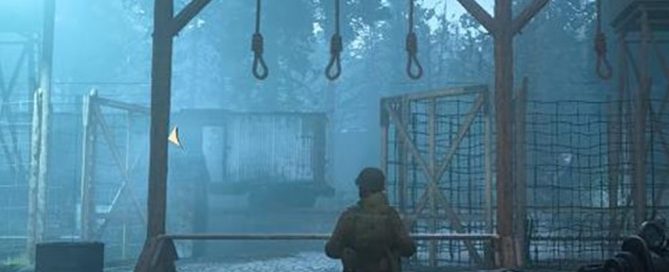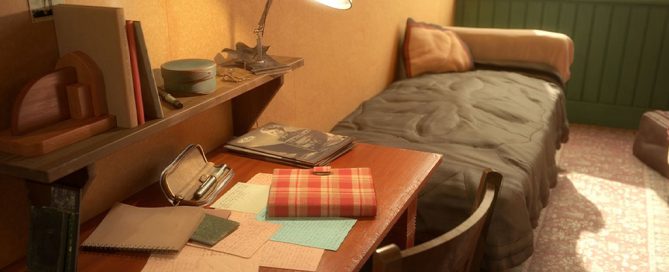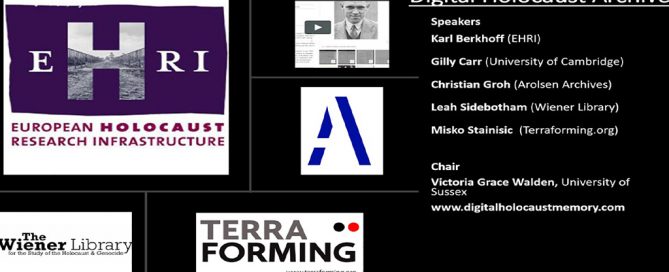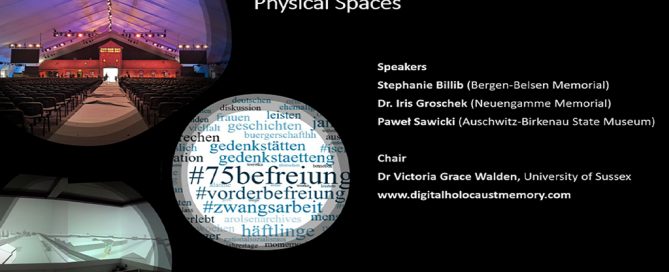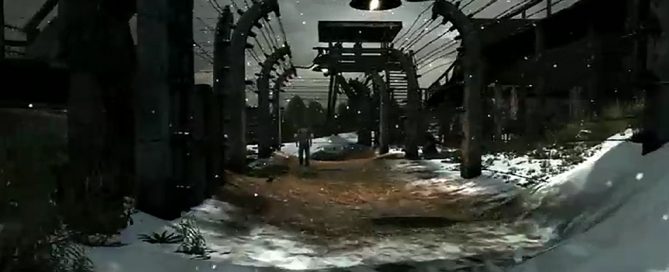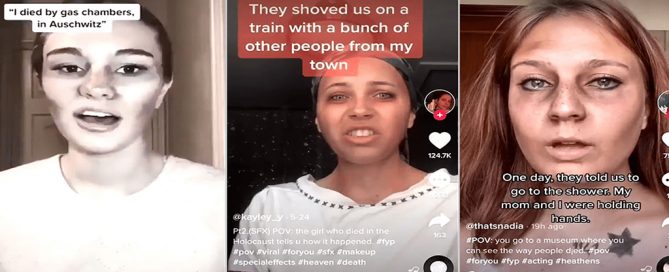Lockdown is here again, for many of us. As museums, cultural and heritage centres close their doors again, this week’s blog reflects on what is a virtual museum, and offers various links to different experiences that you might want to ‘visit’ (in lieu of in-person trips) or share with students. What is ‘virtual’ about virtual museums? Virtuality is so frequently used interchangeably with digital, it can sometimes be difficult to distinguish whether a museum – or indeed any other online experience – is trying to present itself as a virtual experience or a specifically digital one, or indeed both! Attempts to virtually transport users into photographic, videographic, or photogrammetry representations of physical museum sites can often feel like remediations of in-person experiences of visiting museums as we are offered limited navigational paths through the exhibits. The main difference is that online we move representations towards us by clicking on arrows or highlighted content rather than moving our bodies closer to them, as we do in the physical space. Whilst remediated experiences of physical exhibition spaces have become particularly popular during the pandemic, given we cannot see them in-person, there are many forms of virtual museums, some of which are digitally-born [...]
